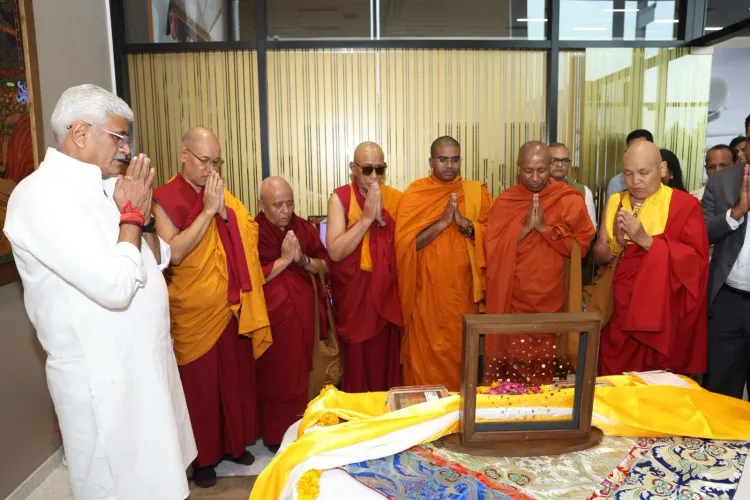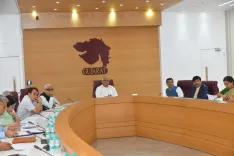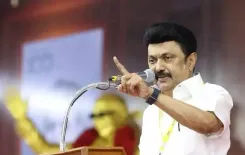Did PM Modi Celebrate the Return of Sacred Piprahwa Relics After 127 Years?

Synopsis
Key Takeaways
- The return of the Piprahwa relics marks a significant cultural milestone for India.
- Prime Minister Modi emphasized India's commitment to preserving its heritage.
- The relics highlight India's historical connection to Buddhism.
- Efforts for repatriation involved multiple government ministries and international negotiations.
- The artefacts will be accessible to the public for education and respect.
New Delhi, July 30 (NationPress) Prime Minister Narendra Modi expressed his joy on Wednesday over the return of the holy Piprahwa relics of Lord Buddha to India after a span of 127 years, calling it an occasion of great pride and happiness for the country.
In a statement that embodies the government’s cultural philosophy of “Vikas Bhi, Virasat Bhi” (growth alongside heritage), the Prime Minister emphasized India’s profound spiritual connection with Buddha’s teachings and reaffirmed the nation’s dedication to maintaining its civilizational heritage.
“A moment of celebration for our cultural legacy! Every Indian should feel a sense of pride knowing that the holy Piprahwa relics of Bhagwan Buddha are returning home after 127 long years,” PM Modi noted in a post on X.
“These relics underscore India’s strong bond with Bhagwan Buddha and his virtuous teachings, showcasing our commitment to safeguarding various facets of our illustrious culture,” PM Modi continued.
The relics were initially unearthed in 1898 at Piprahwa in Uttar Pradesh, which is believed to be part of the ancient Kapilavastu region linked to Lord Buddha’s formative years.
The artefacts, which include bone fragments, crystal containers, gold jewelry, and ceremonial offerings, were taken overseas during the colonial era and recently appeared in an international auction.
“Upon their appearance in an international auction earlier this year, we took steps to ensure their return home. I commend everyone involved in this endeavor,” the Prime Minister remarked.
In response to the auction listing, the Centre initiated a focused diplomatic and legal effort to halt the sale and secure the relics’ repatriation. The Ministry of External Affairs, along with the Ministry of Culture and international legal authorities, successfully negotiated for their return.
The relics are anticipated to be housed in a national museum or a key Buddhist heritage site, where the public can pay homage and understand their historical and spiritual importance.







